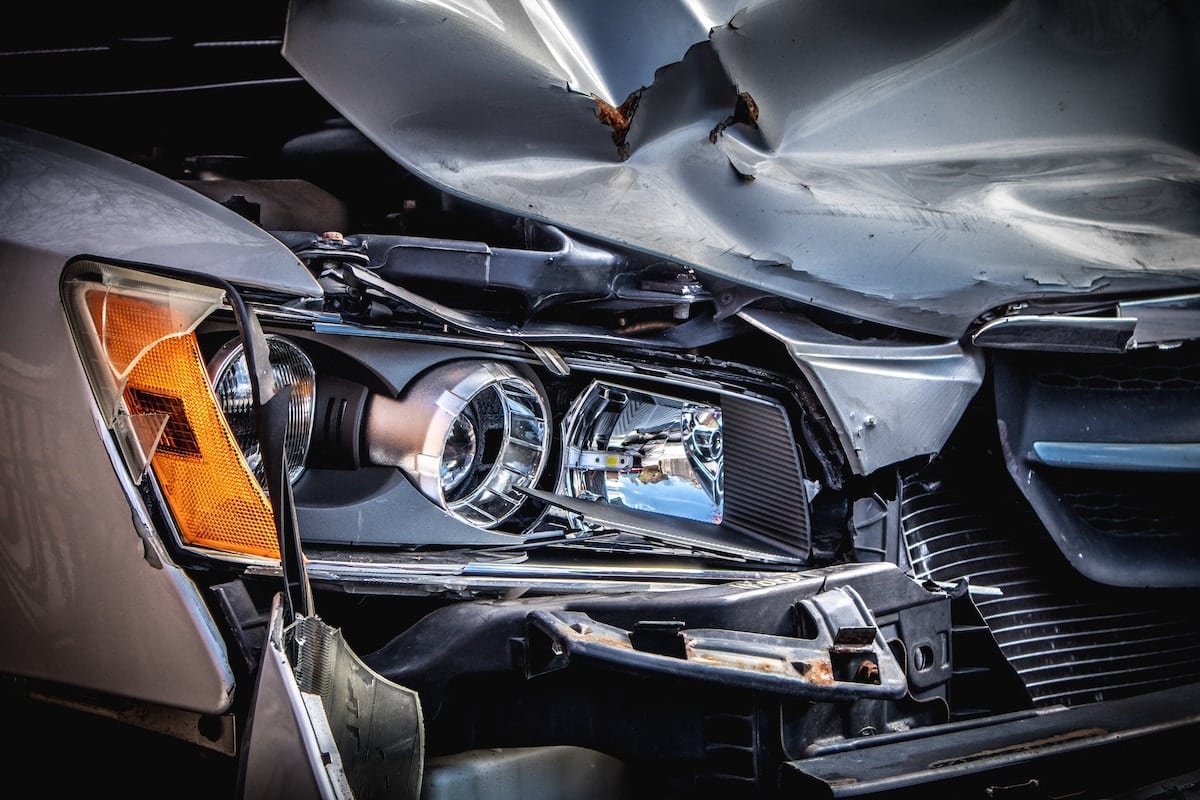It is not uncommon to get a headache after a full night of having fun drinking or dealing with life’s stressful components. These headaches are usually not serious and can be treated with over-the-counter medication or sleep. However, if you have been in a car accident and have persistent headaches, it might be serious.
Your head can hurt for a number of reasons after a car accident. During a car accident, your head and body experience a sudden jolting back-and-forth movement which can have a serious impact. You should not ignore this type of physical damage and get medical attention immediately. That being said, you may speak to an attorney to manage the financial burdens of the accident.
Reasons your head might be hurting after a car accident
1. Traumatic brain injury headache.
One of the reasons your head might be hurting after a car accident is a traumatic brain injury or TBI, which is caused by a forceful blow to the head. It is a closed head injury, and there is no crack or break in the skull. However, your brain still experiences shifts or movements due to the violent force causing it to move back and forth. Some impacts include bleeding, bruising, and tearing of blood vessels and sensitive brain tissue.
2. Concussion.
Another reason for a headache is a concussion. While it is not as serious as a traumatic brain injury, a concussion is also caused by a sudden and violent back-and-forth movement of the head. A headache is just one of the many symptoms of a concussion. Others include confusion, dizziness, memory issues, blurred vision or balance, and connection problems.
3. Fracture headache.
Fractures in the skull can also be the reason for your headache. A fracture or broken bone in your skull or around the shoulder can result in persistent, intense, and unbearably painful headaches. The pain usually exists at the back of your head, neck, or around the injury site. Other symptoms include confusion, nausea, neck stiffness, slurred speech, or seizures.
- 4. Whiplash headache.
Whiplash occurs when your head suddenly rushes forward and immediately snaps back, stretching and tearing neck muscles, tendons, and ligaments. Whiplashes are one of the most common injuries in rear-end car accidents and the reason for hundreds of thousands of emergency room visits.
While most people do not take whiplash seriously and expect the injury to heal itself, the pain can progress when left untreated.


